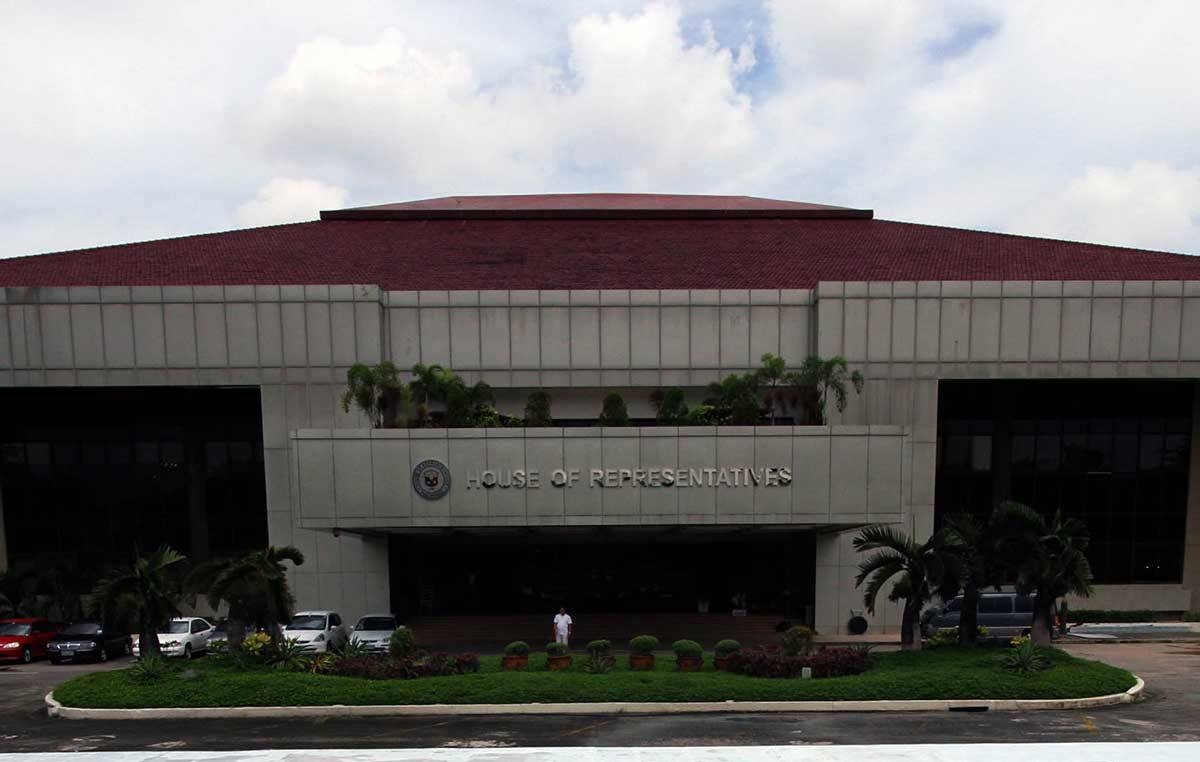A bill that recently passed through the joint committees of Health and Dangerous Drugs in the Philippines has paved the way for the use of cannabis or marijuana for medicinal purposes. The bill, which merges 10 separate pieces of legislation, seeks to remove cannabis from the list of “dangerous drugs” under the Dangerous Drugs Act of 2002 and establish the Philippine Cannabis Development Authority.
According to Surigao del Norte Representative and House Dangerous Drugs Committee chairman, Robert Ace Barbers, the approved bill exclusively allows for the medical use of cannabis. Barbers emphasized that there are no provisions for recreational use. The aim of the bill is to provide relief for “debilitating” diseases, as determined by physicians, as well as to address conditions such as anxiety and severe insomnia.
The cannabis that will be permitted for medical use in the country will be in pharmaceutical form, including oral, injectable, or topical applications. The issuance of prescriptions for medicinal cannabis will be limited to accredited doctors with a special license. These doctors will operate under a dedicated unit called the “Medical Cannabis Office,” which will be part of the Department of Health in coordination with the Dangerous Drugs Board (DDB).
Barbers further explained that the Medical Cannabis Office will regulate permits for physicians, drugstores, hospitals, clinics, and dispensaries. The accreditation process for practitioners will be stringent to ensure that only qualified professionals are authorized to prescribe medicinal cannabis.
The proposed legislation also allows for the importation of medicinal cannabis, provided there is a valid prescription from the patient. However, the bill includes provisions to regulate individuals involved in the possession, cultivation, processing, and sale of medical marijuana. Those with a history of drug pushing convictions will be prohibited from selling medicinal marijuana, and strict requirements will be in place to ensure compliance.
It is important to note that the bill does not remove marijuana from the list of “prohibited dangerous drugs” under the existing Dangerous Drugs Act. The recreational use of marijuana will continue to be considered illegal.
Violations of the proposed law, such as over-prescription, will carry penalties. Physicians found guilty of over-prescribing medicinal cannabis may face a fine of up to P1 million and imprisonment for a period of six months to one year.
The passing of this bill marks a significant step forward for the use of cannabis for medicinal purposes in the Philippines. The focus on medical use, strict regulations, and penalties for violations demonstrate the government’s commitment to ensuring the responsible and controlled use of cannabis for the benefit of patients in need.







